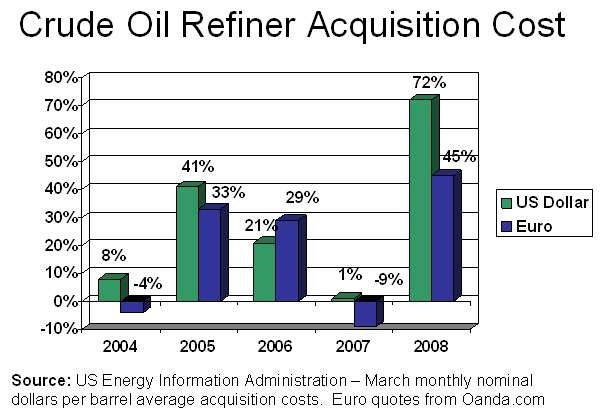IRmep Opportunity Cost Analysis
Signed by President Ronald Reagan in 1985, the U.S.-Israel Free Trade Agreement (FTA) was our very first FTA. Nearly a quarter century of trade flowing under the agreement reveals a number of negative, yet entirely predictable outcomes.
Adjusted for inflation the agreement has delivered a $62.65 billion dollar cumulative American trade deficit with Israel. Trade, roughly at parity before the agreement was penned, shifted in favor of Israeli exports to the US by the early 1990s. This imbalance accelerated after the post 9/11 economic downturn. It is likely to be permanent. Net losses follow unfavorable terms embedded in the treaty at the insistence of the American Israel Public Affairs Committee (AIPAC), the lead organization of Israel’s lobby in the United States.
The selection of Israel for the first agreement made little sense outside of AIPAC, important trading partners such as Canada, Mexico and even Colombia had much more to offer the US in terms of comparative advantage. However, AIPAC successfully pushed Israel to the front of the line. It also worked to ban US agricultural exports, a key component of subsequent FTAs, from the agreement. US manufacturing industries suffered similar strictures. More

